(Esther Thelen, 1941-2004)…development is the outcome of the self-organizing processes of continually active living systems
…development does not “know” where it is going from the start
…the very nature of development itself — its contingent, evolving, emergent nature
We’re inspired by the writing of Esther Thelen, a developmental psychologist and multidisciplinary out-of-the-box thinker who applied chaos theory (or dynamic systems theory) to infant development. Per a colleague’s tribute, Thelen “saw a child’s development more akin to a jazz improvisation than to a biological process driven by genes.”
Esther Thelen’s approach and research ring true for us: it … Read more
* * *


